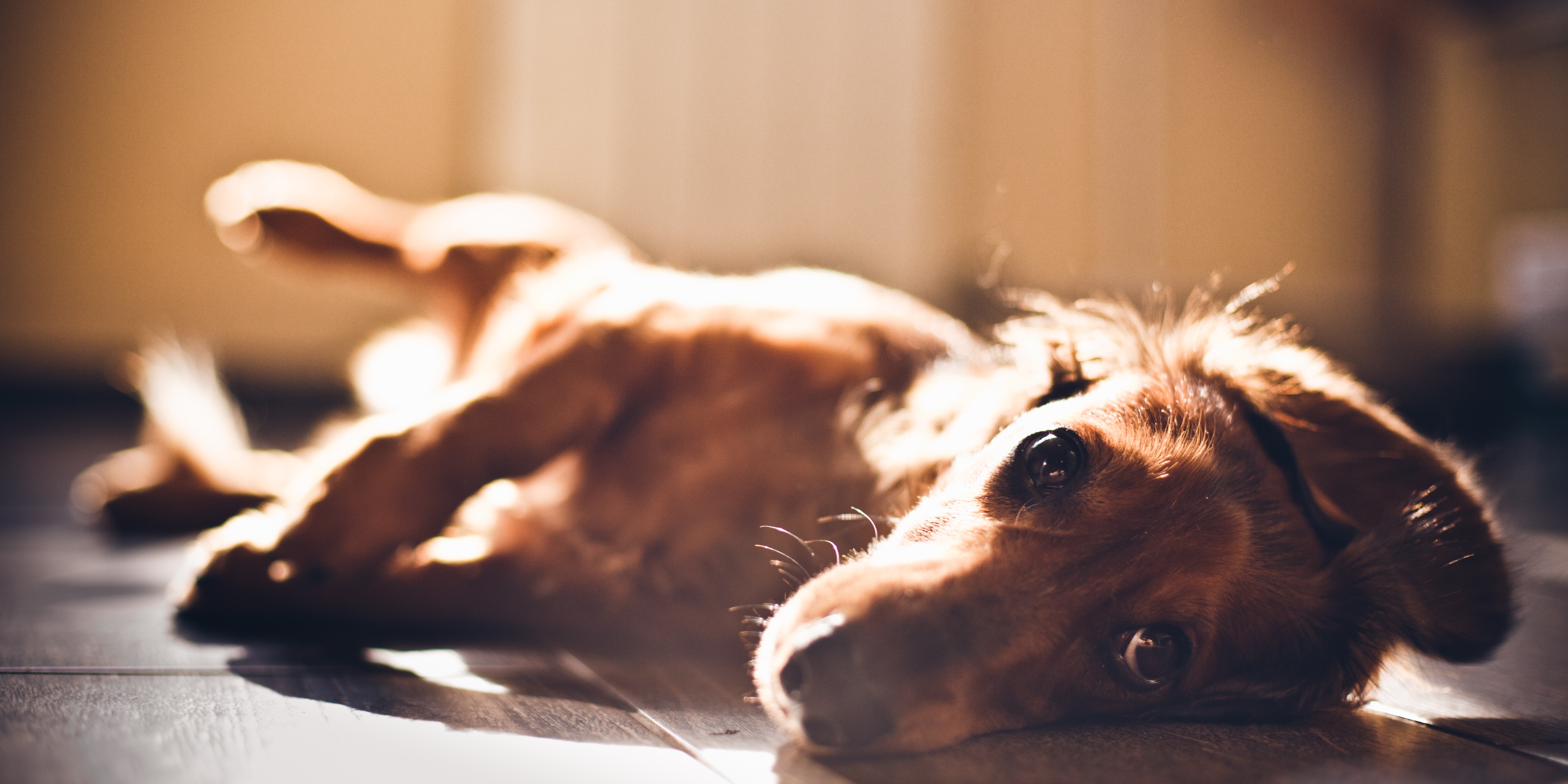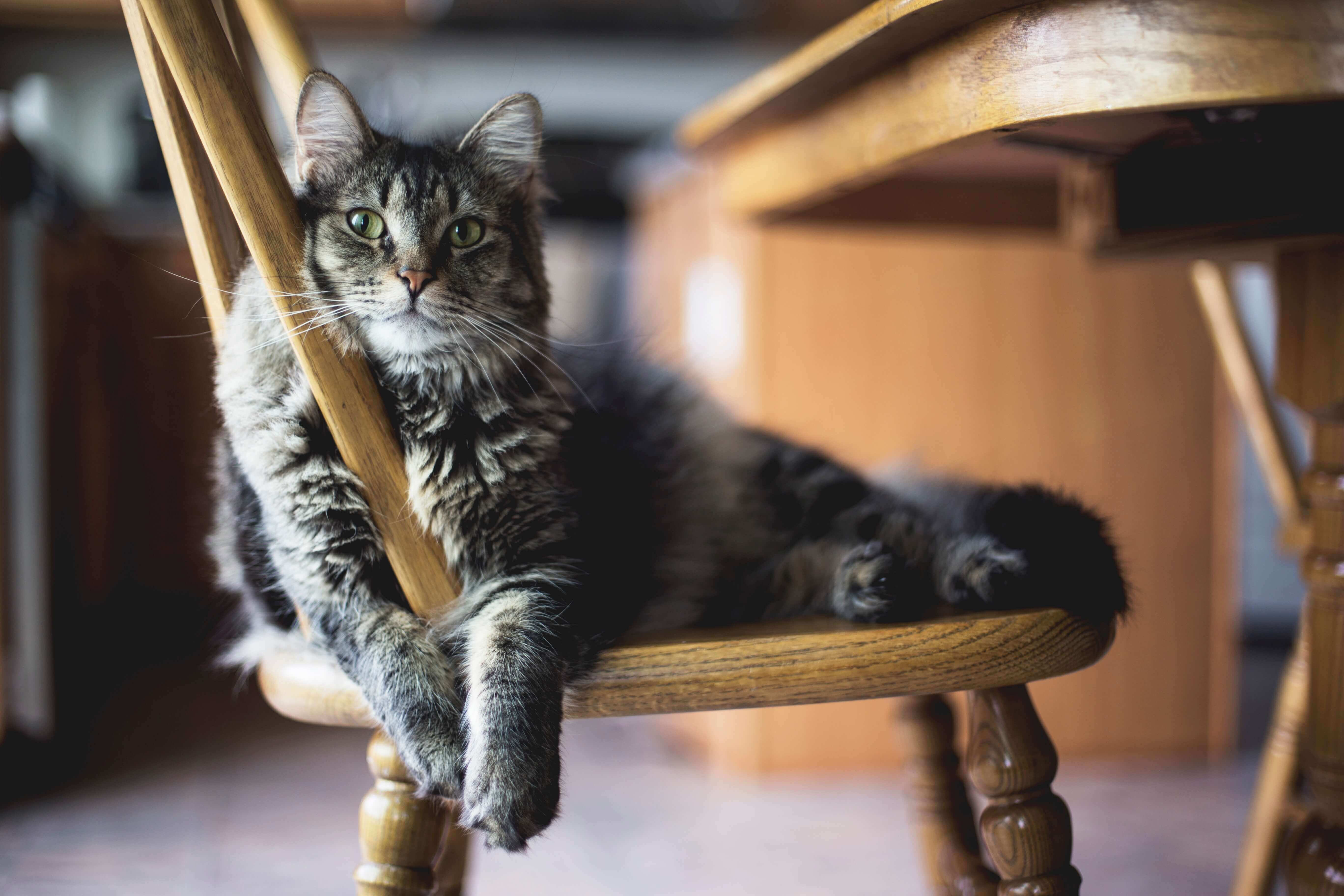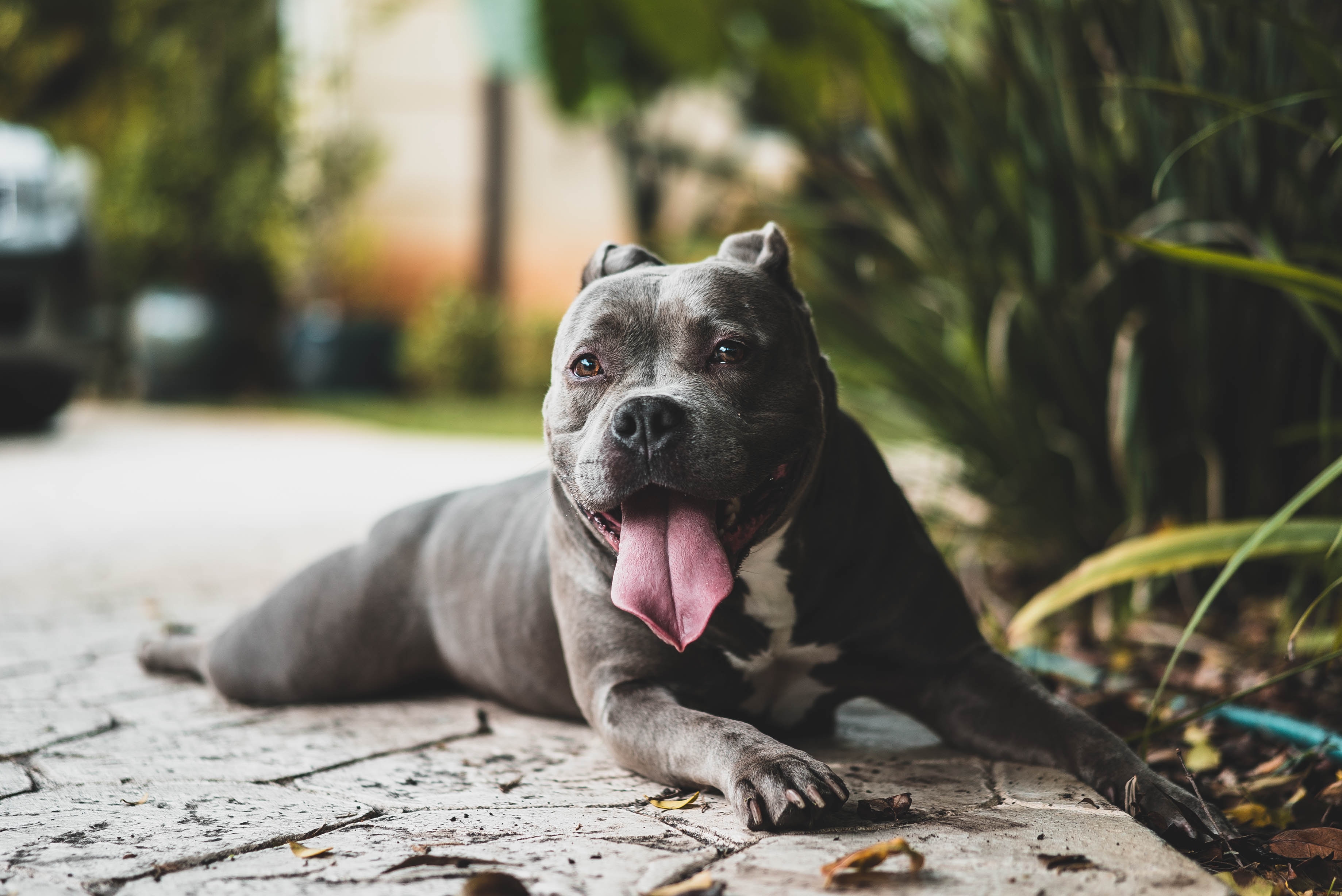Whether you think of your pets simply as your loving companions, or as your (admittedly, very furry) children, you want what’s best for them – which is why it’s natural to worry about what might happen to them if you die before they do. Who will take on pet care after the death of an owner, and how can you make sure your fuzzy friends will be well looked after?
Don’t worry. There are ways to set up provisions for pets so that they will get all the belly rubs and treats they deserve when you’re not around. Here’s what you need to do …
1. Think about the pet care needed after an owner’s death
 Does your pet need a secure garden to play in, lots of time and attention, expensive veterinary care? Do they need long walks in the morning, space to explore, or an owner who’s not-so-squeamish about feeding them defrosted mice? Do they play well with other pets, and children?
Does your pet need a secure garden to play in, lots of time and attention, expensive veterinary care? Do they need long walks in the morning, space to explore, or an owner who’s not-so-squeamish about feeding them defrosted mice? Do they play well with other pets, and children?
Before you can choose someone to look after your pet when you die, you need to work out exactly what that will mean. Take the time now to make a list of:
- What your pet needs.
- How much it costs to provide those things each month, and each year.
- People you know who have the time, the space, and (potentially) the money to offer those things.
With the list in hand, you can …
2. Choose who will look after your cat or dog when you die
 You could choose someone who has taken care of your pet before – perhaps when you went on holiday – or simply a friend or relative who loves your pet and meets all the criteria in your list.
You could choose someone who has taken care of your pet before – perhaps when you went on holiday – or simply a friend or relative who loves your pet and meets all the criteria in your list.
Once you’ve chosen someone, make sure to ask them if they’re actually willing to take your pet on if something were to happen to you. What happens to pets when their owners die can’t just be decided by a will: you still need the co-operation of the people involved.
If you don’t have a friend or relative who can take your pet on, there are charities that specialise in pet care after an owner’s death:
- Battersea’s Forever Loved Service: The team at Battersea will give dogs and cats veterinary care at the shelter, looking after them there until they find a safe and happy home.
- The RSPCA’s Home for Life Scheme: The RSPCA take on exotic pets as well as dogs and cats. Pets are looked after in shelters or foster homes around the country until they can be properly rehomed.
- The Cinnamon Trust: The Cinnamon Trust takes in pets while their owners are in hospital or in care, keeping them in volunteer foster homes around the country. You can also arrange to have your pet permanently fostered with them in the event of your death.
- Cats Protection’s Cat Guardians: Pre-register with Cats Protection to get an Emergency Cat Care Card to carry in your wallet. This lets emergency service workers know who to contact to make sure that your cat can be brought into their care and eventually adopted.
- Dogs Trust: Dogs Trust offer a similar service for dogs. Pre-register to get a Canine Care Card for your wallet, and they will arrange care for your dog until a happy home can be found.
- The Blue Cross Pets into Care Scheme: The Blue Cross will care for and rehome a wide range of pets, including horses.
The services above all offer free pet care after the death of an owner, but you might still want to leave them a legacy in your will to help them continue their important work. Make a will with Beyond today.
3. Make provisions for your pets in a will
 Because they’re legally seen as property, you can’t leave money to your pets in your will. However, you can use a will to appoint a guardian for your pet – someone who will look after them in the event of your death. If you already have a will, you can add this as a codicil instead of writing a new one.
Because they’re legally seen as property, you can’t leave money to your pets in your will. However, you can use a will to appoint a guardian for your pet – someone who will look after them in the event of your death. If you already have a will, you can add this as a codicil instead of writing a new one.
When providing for pets in a will, it’s a good idea to include a back-up guardian just in case the person you’ve chosen is unable to take care of your pet when the time comes.
You can leave your chosen guardian some funds in your will specifically for the upkeep and care of your pet. If you like, you can do this by setting up something called a discretionary trust. This sort of pet trust fund puts aside money for the care of the pet, usually with the new owner as the trustee in charge. You can also say what will happen to any funds left over when your pet dies.
Remember: it’s best to speak about your pets in general terms in the will, referring to them as “dogs” or “cats” rather than “Woofers” or “Spots”. This means you don’t have to update it if you get more pets.
4. Use a letter of wishes to explain how to care for your pets after your death
 A letter of wishes is a useful extra step when estate planning for pets. It’s essentially a set of instructions to help your executor and beneficiaries understand your wishes better, kept with your will. You can use it to explain exactly how to care for your pet: what to feed them, favourite walks, odd habits – all the little things only an owner would know.
A letter of wishes is a useful extra step when estate planning for pets. It’s essentially a set of instructions to help your executor and beneficiaries understand your wishes better, kept with your will. You can use it to explain exactly how to care for your pet: what to feed them, favourite walks, odd habits – all the little things only an owner would know.
5. Tell family and friends what should happen to your pets if you die
Remember, it can take a while for the will to be found after a death, so it’s not always immediately clear what happens to pets when their owners die or go into hospital if a will is the only guide. It’s a good idea to tell friends and families what to do, to carry a card in your wallet, and to leave instructions up in the house just in case.
Finally, don’t forget to give your pets a big hug.